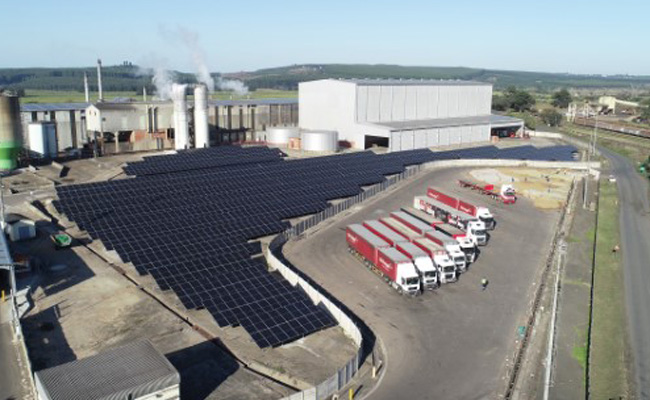I have a friend who is something of a petrolhead. This friend – let’s call him John Tallodi (his real name) – is the sort of guy who scans car classifieds for vehicles he has always had a crush on but didn’t have the chance to date in his cash-strapped youth. He recently sprang for a lovely old sportscar, and it’s a work of art. My nine-year-old son eyes it with the covetous gaze of an ANC member reading the weekly tender gazettes.
John also happens to be something of an expert who writes about cars for a living, in between screening the Big Lebowski at his house and hosing down neighbours with White Russians. And the good news is, he doesn’t necessarily see car prices soaring thanks to Donald Trump’s tariffs.
“The fact is, we don’t really import vehicles from America. So, unless prices go up massively from places like China, we’re unlikely to see a huge impact,” he says. “Indirectly, of course, there may be a higher cost for components, or if the rand really collapses. But otherwise, car prices are likely to be pretty stable.”
It may feel like prices have gone through the roof in recent years, but John says this isn’t the case. He points to a study he did comparing car prices in South Africa in 1995 with today. “If you adjust for inflation, the price differential for a new car in 1995 and today isn’t that huge, if you look at the brands that were available then and now. It’s like a share price – some years car prices rise 25%, and in others they’ll ebb, so it depends when you buy,” he says.
In 1995, South Africa’s average household income was R41,000 according to Stats SA, while a new Toyota Corolla would have cost R75,000. Today, that car would cost about seven times more, at R550,000, while average household income has grown nearly six-times to about R225,000.
So cars really are pricier on the margin – but probably not by as much as you think. Especially since a myriad new Chinese brands, like Cherry and GWM, have dived into that gap, all offering good value.
But if that’s the story for car buyers, the automotive producers mostly in the Eastern Cape have been bracing for an altogether worse storm, thanks to a 25% tariff from the US on vehicle exports imposed earlier this year.
For South Africa, which up until this year exported vehicles like the BMW X3 and Mercedes C-Class to the US duty free under the African Growth and Opportunity Act, the clouds looked pretty dark indeed. For American vehicle retailers, a 25% tariff is a huge amount extra to stomach — so it’ll be no surprise if they look elsewhere.
Upping the numbers
And yet, astoundingly, the industry has been holding up. While South African car exports to the US have indeed plunged since Trump announced his tariffs, motoring industry body Naamsa reports that total vehicle exports worldwide actually grew 2.5% for the first seven months of this year.
That speaks to a resilience that not many people expected. So how is that possible? Well, as Olwethu Xabanisa reports elsewhere in Currency, vehicle makers in the Eastern Cape have put a lot of thought into what they’re going to do in future – and it seems many have pivoted to Europe.
Not that this will be an easy change, mind you: Europe’s new carbon border adjustment mechanism means local producers have to overhaul their systems for a world of carbon-light electric vehicles.
But once this happens, we’re likely to see far more electric vehicles in South Africa too. As it is, there are vanishingly few on our roads today, but as Martin McLaren of the Electric Vehicle Association of South Africa argues, this is because the cost of these cars is so immense right now. And it is this cost that must be addressed, before we begin to pockmark our highways with electric charging stations.
To do this, the government needs to be thinking smartly about how to encourage this shift among car buyers, as well as manufacturers.
There is so much talk about South Africa “seizing the moment to become a ‘green hub’ for vehicle manufacturing”, but for that to happen, we’ll need measures to make it less pricey to own an electric car: think tax deductions for electric vehicle investments, grants for local battery production, and lower import duties on components.
Read this moment wrong, and South Africa risks become an island where buying or fixing the cars on our roads will be exorbitant. Read it right, and the world is your Porsche 911.
Top image: Rawpixel/Currency collage.
Sign up to Currency’s weekly newsletters to receive your own bulletin of weekday news and weekend treats. Register here.













